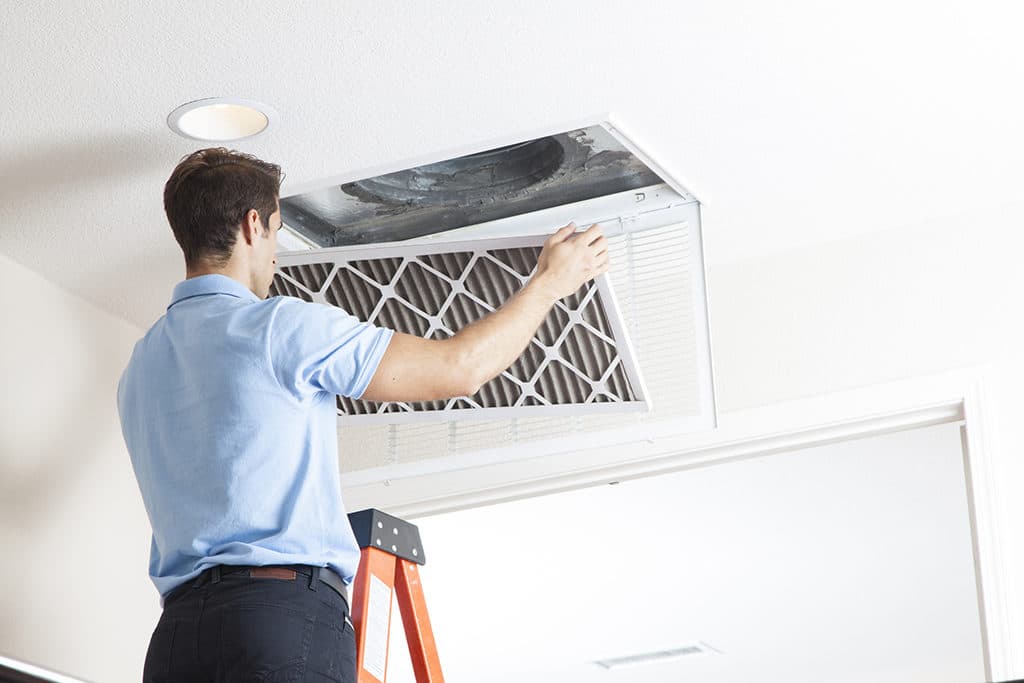Have you ever noticed a strange odor coming from your air conditioning system? If so, you’re not alone. Many homeowners and business owners encounter this issue, and it can be quite unsettling. Our Air Conditioning Smells Bad Inspection Guide aims to help you understand the potential causes and solutions to this common problem. This guide is designed to be informative, easy to follow, and filled with optimism as you work towards fresher air.

Why Does My Air Conditioning Smell Bad?
The first step in addressing any issue with your air conditioning is understanding why it smells bad. A range of factors could be contributing to the unpleasant odor circulating through your home or office. From mold and mildew buildup to potential mechanical failures, identifying the root cause is crucial.
Mold and Mildew Buildup
Mold and mildew are among the most common culprits behind the bad smell emanating from your air conditioning unit. These fungi thrive in damp, dark environments, and your AC system provides an ideal breeding ground. Regular maintenance and inspection can help prevent this problem.
Dirty Air Filters
Another frequent cause of bad smells is dirty or clogged air filters. These filters are designed to trap dust, pollen, and other airborne particles. Over time, they can become clogged, leading to poor air quality and unpleasant odors. Make sure to change your air filters regularly to avoid this issue.
How to Inspect Your Air Conditioning System
Conducting a thorough inspection of your air conditioning system can help identify any potential issues. Here’s a step-by-step guide:
Step 1: Turn off the Power
For safety reasons, always turn off the power to your air conditioning system before conducting any inspection or maintenance.
Step 2: Check the Air Filters
Inspect the air filters for dirt and debris. If they appear dirty, replace them promptly.
Step 3: Inspect the Drain Line
The drain line can often become clogged, leading to water buildup and potential mold growth. Ensure the drain line is clear and functioning correctly.
Step 4: Look for Signs of Mold or Mildew
Carefully inspect the interior of your unit for any visible signs of mold or mildew. These might appear as black or green patches.
Step 5: Call a Professional
If you identify any issues that you cannot address yourself, don’t hesitate to call a professional. They have the expertise and tools needed to safely and effectively handle the problem. For further insights, you might consider visiting SuperTech HVAC.
Preventing Bad Smells in the Future
To prevent bad smells from recurring, regular maintenance is key. This includes:
Regular Cleaning
Keep your air conditioning unit clean by wiping down surfaces and removing any dust or debris that may accumulate.
Professional Maintenance
Schedule regular maintenance checks with a professional to ensure your AC system is running smoothly and efficiently.
Change Air Filters Frequently
As mentioned earlier, changing your air filters regularly can make a big difference in maintaining air quality and preventing odors.

Frequently Asked Questions
Why does my AC smell like it’s burning?
This could be due to an electrical issue within the unit. It’s important to turn off the unit and contact a professional immediately.
Can mold in the AC make you sick?
Yes, mold spores can cause respiratory issues and other health problems. It’s crucial to address mold issues promptly.
How often should I inspect my AC unit?
It’s advisable to conduct an inspection at least twice a year, ideally before the start of the cooling and heating seasons.
For more detailed tips and solutions, you can visit Fixing Smelly Vents and Causes of Musty Duct Smell on Duct Cleaning Gilbert’s website.
This article contains affiliate links. We may earn a commission at no extra cost to you.